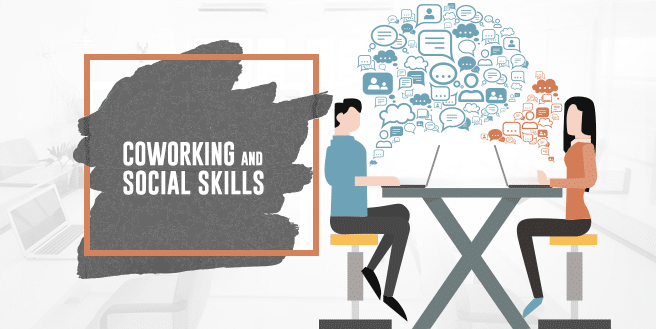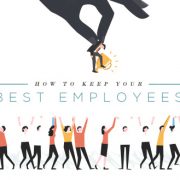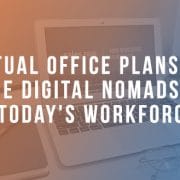Mix and Mingle: Coworking and Social Skills
Being a freelancer tempts too many of us today – the ability of having flexibility in when, where and how you work; urging you to ditch the usual 9-to-5 and gain back control over your career. And amongst the sea of corporate workers is a growing number of professionals who already made the choice.
According to a 2014 survey conducted by the research firm Edelman Berland, 34% of the overall US workforce are made up of freelancers – over 53 million people. Experts even say that by the year 2020, the freelance workforce will rise to 43%.
Undeniably, there are a lot of perks in going freelance yet at the same time, there’s also an ample amount of cons that are mostly disregarded by the general public.
Isolation and Freelancing
Contrary to popular belief, working alone is not as fun or as glamorous as people make it seem. The career is indeed liberating but at the same time, it’s isolating.
When everyone else in your home have gone out for the day, the only company you have is your laptop and your pet dog or cat. Chances are, you’ll go through the day without saying anything and maybe even go for several days with having minimal face-to-face interactions.
This degree of solitude can be overwhelming to most people and can be detrimental to a person’s social skills. After a long while of working alone, this situation can lead to feelings of isolation and loneliness – both of which can bring forth several health risks. Experts have said in the past that lonely people are believed to be more prone to high blood pressure, infections and irregular sleeping patterns. Moreover, long term effects range from heart diseases to depression.
The drawback it carries is pretty much unavoidable but struggling professionals have found a way to find a source of social interaction.
Keeping Company
The boom of the coworking movement gave freelancers, solopreneurs and digital nomads the chance to get their much needed social interaction.
These unorthodox offices have become a haven to them. Coworking spaces provide them with enough variety of work areas that they can easily balance their need for privacy and need to hone their social skills. They can start their morning by working in a single desk away from all the commotion and later in the day, move to one of the communal areas to interact and socialize. Its open layout allows for conversation to happen naturally and flow freely.
Individuals who have transitioned to shared offices, observed a significant difference in their social skills and circle. According to a survey conducted by Deskmag, 92% of their respondents reported an increase in their social circle and 86% have said that they felt less isolated. Other studies have reported that individuals living what they perceived is a healthier work life compared to when they were still in traditional offices.
People actually pay for more than just their desks and their memberships.
Improving Social Skills
Unbeknownst to many, coworking spaces bring so much more to the table rather than just cool offices and unique work areas. The movement utilized different approaches to improve workplace culture and create a significant impact to those working in it.
It takes pride in the element of community that they have. They created a platform for like-minded individuals to interact among themselves. These groups then formed a support system that trade tips and advices to one another – leading to a deeper connection between people whose sole similarity is delivering products and services.
Collaboration are created within its walls – helping individuals learn and develop their entrepreneurial skills. The events they host help keep their members mentally sound by reinforcing the idea of engaging in non-work related activities to replenish their minds and bodies.
Coworking spaces help individuals develop their social skills as well as their respective personalities by removing barriers between their coworkers and by reducing undue pressure and stress in their work lives.
Freelancers develop a sense of belonging within these spaces and assures them that whatever work they may be doing is significant.
Give it a try and you may just find your people, here.













Leave a Reply
Want to join the discussion?Feel free to contribute!